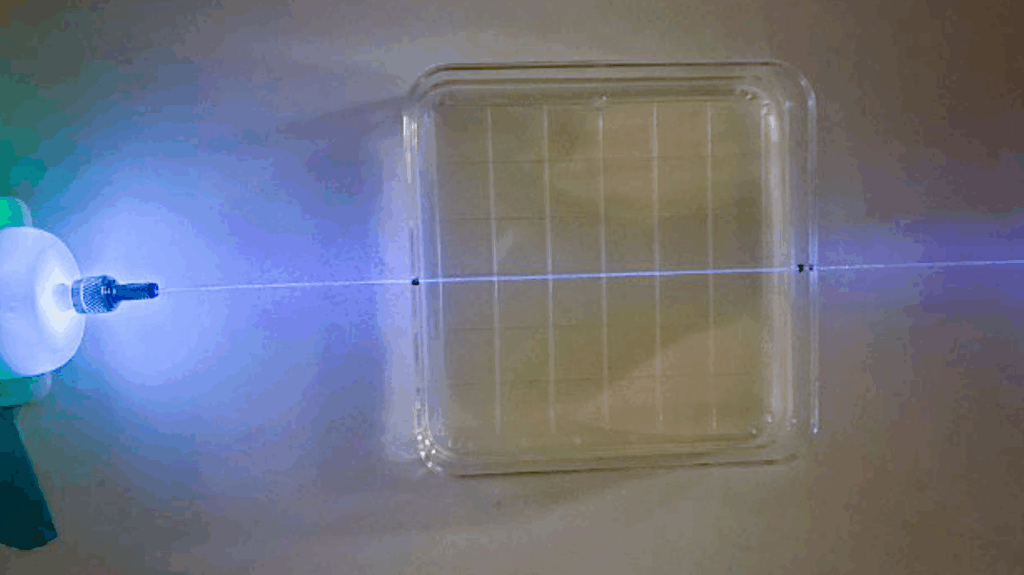NASA Human Exploration Research Opportunities (HERO) – Space Biology Partnerships

Human Exploration Research Opportunities (HERO), Appendix A, Topic 2
Solicitation Number: 80JSC024NA001-FLAGSHIP
Solicitation Title: 2024 HERO Appendix A: NASA Human Research Program Flagship Opportunity
Step-1 Due Date: November 01, 2023, 5 PM Eastern Time (essentially a Letter of Intent; see NSPIRES for more information)
Step-2 Due Date: January 30, 2024, 5 PM Eastern Time
The NASA Human Factors and Behavioral Performance (HFBP) Element within the Human Research Program (HRP) has recently released a new opportunity. Of particular interest to NASA Space Biology is Appendix A, Topic 2, “Biomarker exploration system for measuring operationally meaningful performance in future exploration missions”. The funding is planned to be over 3 years for a total of $1.2M (inclusive of directs and indirects).
HRP’s Risk Approach Plan for the Behavioral Medicine risk seeks to identify in-flight biomarkers that indicate changes in in-flight operationally relevant performance, due to exposures to relevant spaceflight hazards. The intent of monitoring biomarker changes is to understand how to best detect operationally meaningful changes, so that countermeasure support can be provided. Biomarkers can include behavioral as well as physiological and biological indicators (such as metabolites and cytokines) that indicate changes to relevant processes. It is likely that multi-modal approaches assessing longitudinal changes in accessible biomarkers derived from different techniques, including but not limited to behavioral, biochemical, electrophysiological, omics (genomics, proteomics, transcriptomics, metabolomics, neuroimaging), will be more reliable (and discriminating) than a single biomarker to predict risk of spaceflight-induced performance deficits.
Proposal Topic Focus #A: This topic focus seeks proposals on the identification, development, and validation of a biomarker exploration system (BES) for humans. Outcomes of interest for space exploration missions should include multiple domains of behavioral health and could include, but are not limited to, cognitive systems (e.g., executive function, working memory, arousal, attention, perception), emotional valence, arousal, reserve capacity, and neuroplasticity informing neuro-circuitry function needed to support operational task performance. Biomarkers should be validated in ground-based mission scenarios and with meaningful, mission-relevant content.
Proposal Topic Focus #B: Proposals for this topic focus should address items in Focus #A using animal models for ground-based studies using irradiators at home institutions and/or the NASA Space Radiation Laboratory analog facility at Brookhaven National Laboratory, in conjunction with other appropriate spaceflight stressor simulations of adaptations to gravity levels, isolation confinement, and other stressors relevant to spaceflight, such as sleep loss, and/or circadian misalignment. These biomarkers should be validated in ground-based mission scenarios and with meaningful, mission-relevant content.
Space Biology Partnerships: NASA’s Space Biology program plans to participate in the implementation of this research effort, by providing expertise and bridging to relevant Space Biology studies; in addition, later funding from Space Biology may be offered for supplemental efforts. The Space Biology Program works across the spectrum of biological organization, from molecules to cells, from tissues and organs, and from systems to whole organisms. Space Biology initiates and supports experiments across multiple platforms, including ground platforms that mimic aspects of spaceflight, such as the National Space Radiation Laboratory (NSRL). More information about the Space Biology Program can be found at: https://science.nasa.gov/biological-physical/programs/space-biology
For more information please visit this link to the opportunity.
Astrobiology








